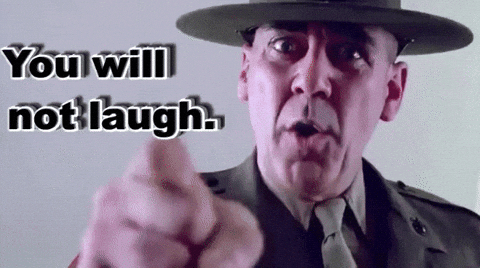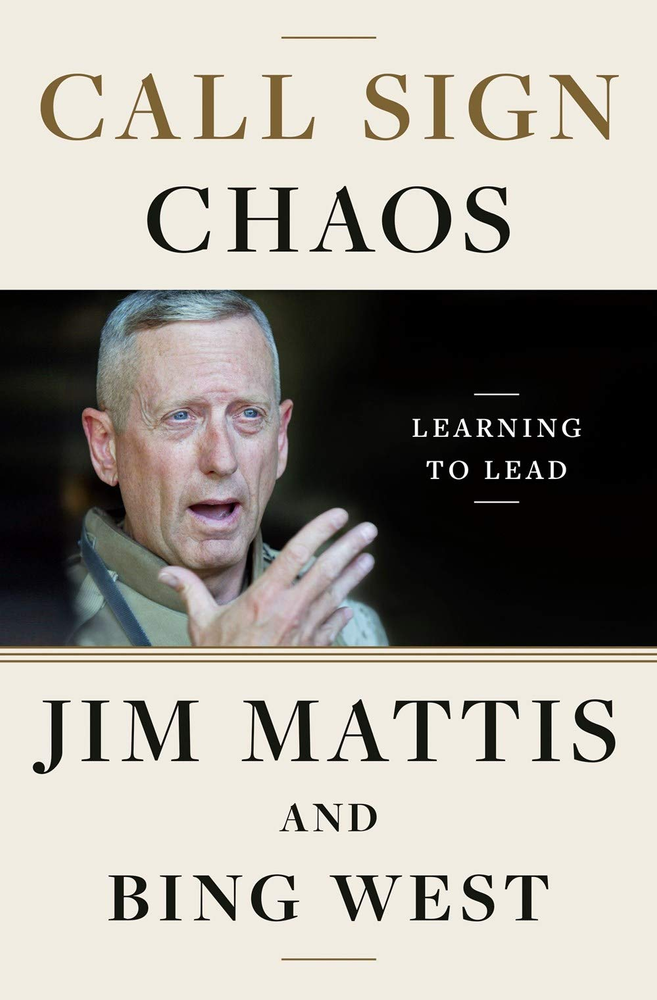Much like Marcus Aurelius, Secretary Mattis has filled his book with truths, both pithy and hard-earned.
Former Defense Secretary Jim Mattis published his autobiography, Call Sign Chaos, at a rather auspicious time. Having served two years as the Secretary of Defense for one of the most polarizing and controversial Presidents in recent history, he stepped down in January of 2019 and published his memoirs just 11 months later. Much like my recent reads of Secretary Gates and Director Clapper,I must guiltily admit that I expected the later chapters to be more salacious. I must also admit that I gained a more profound admiration for Secretary Mattis for his decision not to indulge himself.
Sec Mattis’ prior 44-year career in the Marine Corps taught him countless lessons colored in large part by his experiences during Operations IRAQI FREEDOM and ENDURING FREEDOM in Iraq and Afghanistan, respectively. These lessons dominate his book, with only a short footnote at the very end capturing his time as Secretary of Defense. It echoes the careful professional courtesy I’ve seen in other cabinet members’ books, purposefully eschewing the airing dirty laundry or defaming a sitting President.

Despite the gruff and macho caricature that forms in most minds when they think of the Marine Corps, the Marines I have had the pleasure of working with are also some of the most dedicated scholars and tacticians. Unlike the personnel of many other services, they aren’t shy about their task’s brutality and necessity, yet they are rarely careless or completely callous about it. The Marines are consummate professionals, trained from their first days to dedicate themselves entirely to whatever task they are set to; as both a warrior and a scholar, Secretary Mattis exemplifies this.
Secretary Mattis’ military leadership, his tactics and strategies were phenomenal, yet wholly unoriginal. He goes to great lengths to demonstrate this by repeatedly weaving the significance of reading others’ tactics and strategies throughout his book. To its credit, much of the book comes off as an extensive reading list unto itself, enticing the reader to join his dedication to literary scholarship. A now-famous 2003 e-mail from Secretary Mattis explained his passion for reading and why it was essential for emerging leaders to find time to read. It boiled down to this: you can either learn through others’ experiences or learn through the blood of your troops. Throughout Call Sign Chaos, Secretary Mattis is eager to point out how studying (vice merely reading) the ideas of past great thinkers inspired him and gave him the space he needed to execute just as they might have.

Despite Secretary Mattis’ zeal for history, he often loudly rejected modern doctrine or at least sought to challenge it. One of my favorite quotes from the book is that “doctrine is the straightjacket of the unimaginative.”Given his profound level of military scholarship, I have little doubt that he found numerous tedious holes in the carefully calculated modern doctrine that can (at times) be rife with ahistorical hubris. Like many Marines, Secretary Mattis is a fan of John Boyd’s dynamic approach to warfare; thus, he appears to have little patience for carefully drawn-out plans that lack flexibility or speed. He was clearly no stranger to the common Marine Corps mantra of “Adapt. Improvise. Overcome.”
A final theme I’d like to highlight about Secretary Mattis’ story is the importance of service. In the U.S. military, 20 is the magical number for many. At 20 years of uniformed service, one can retire and begin drawing a pension. What strikes me from reading the works of people like Mattis is how that number seems to hold little meaning, instead preferring to serve so long as they remain useful. He captures this feeling nicely when he quotes La Prière du Para, or The Paratrooper’s Prayer, written (presumably) by Aspirant André Zirnheld and published after his 1942 death in Libya:
“I’m asking You God, to give me what You have left.
Give me those things which others never ask of You.
I don’t ask You for rest, or tranquility.
Not that of the spirit, the body, or the mind.
I don’t ask You for wealth, or success, or even health.
All those things are asked of You so much Lord,
that you can’t have any left to give.
Give me instead Lord what You have left.
Give me what others don’t want.
I want uncertainty and doubt.
I want torment and battle.
And I ask that You give them to me now and forever Lord,
so I can be sure to always have them,
because I won’t always have the strength to ask again.
But give me also the courage, the energy,
and the spirit to face them.
I ask You these things Lord,
because I can’t ask them of myself.”
While the apparent audience for Secretary Mattis’ advice is military service members, they could just as easily skip to the appendix where he offers an impressive and thoroughly exhaustive reading list. Instead, I heartily recommend Call Sign Chaos to anyone who needs to be inspired to read and study. While the so-called warrior monk offers some outstanding thoughts on military leadership, tactics, and strategy, his most critical lesson is how inseparable his successes were from his insatiable desire to consume the written word.

